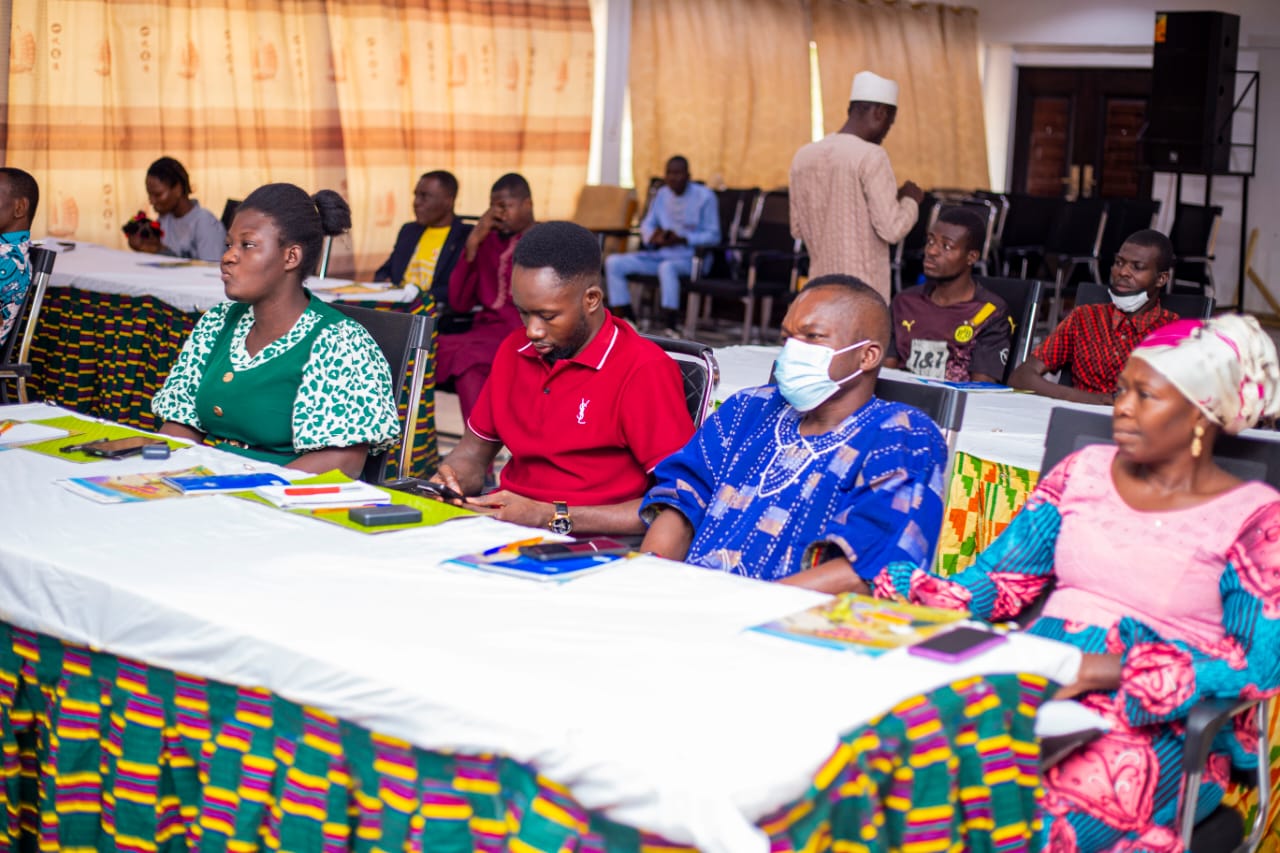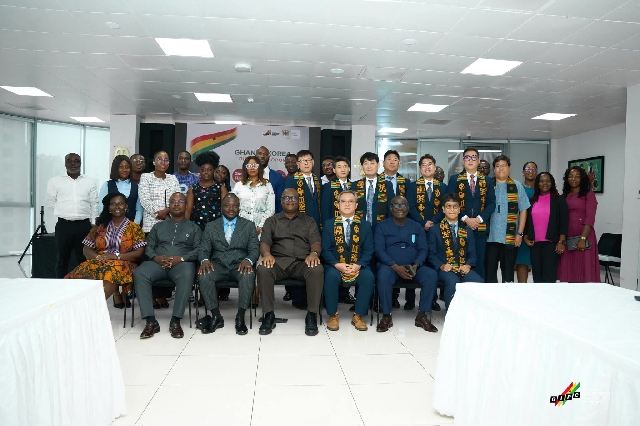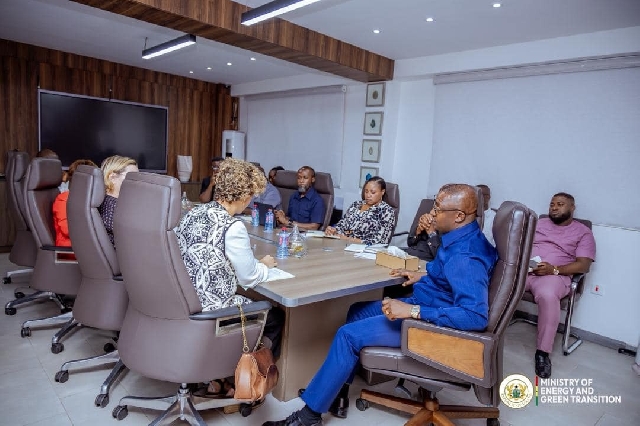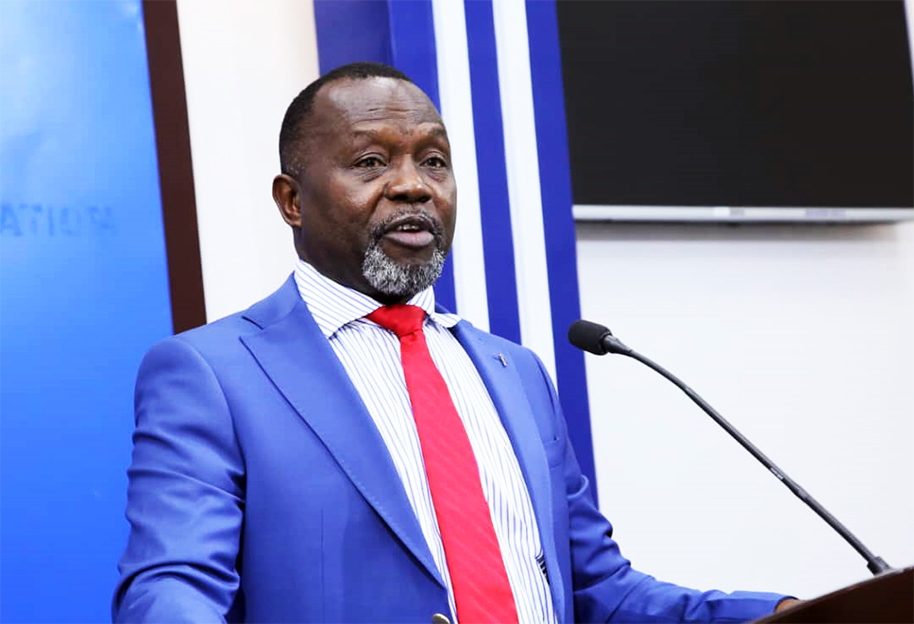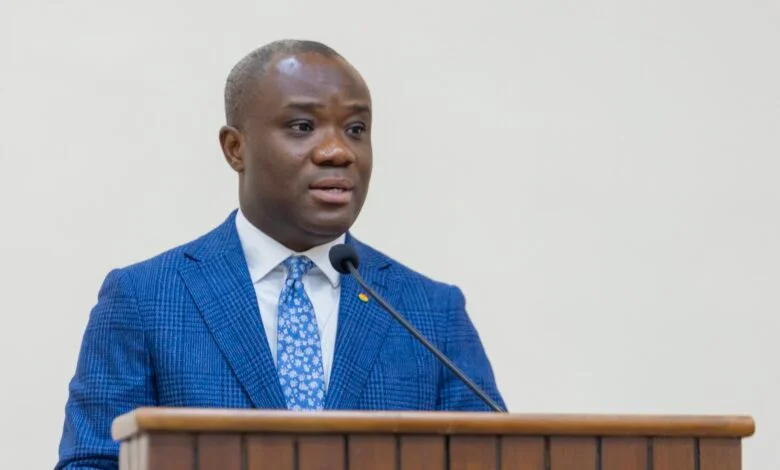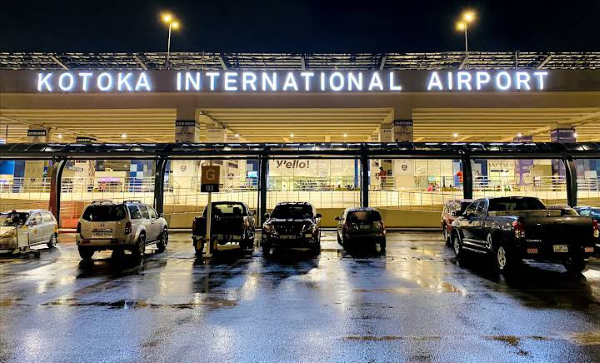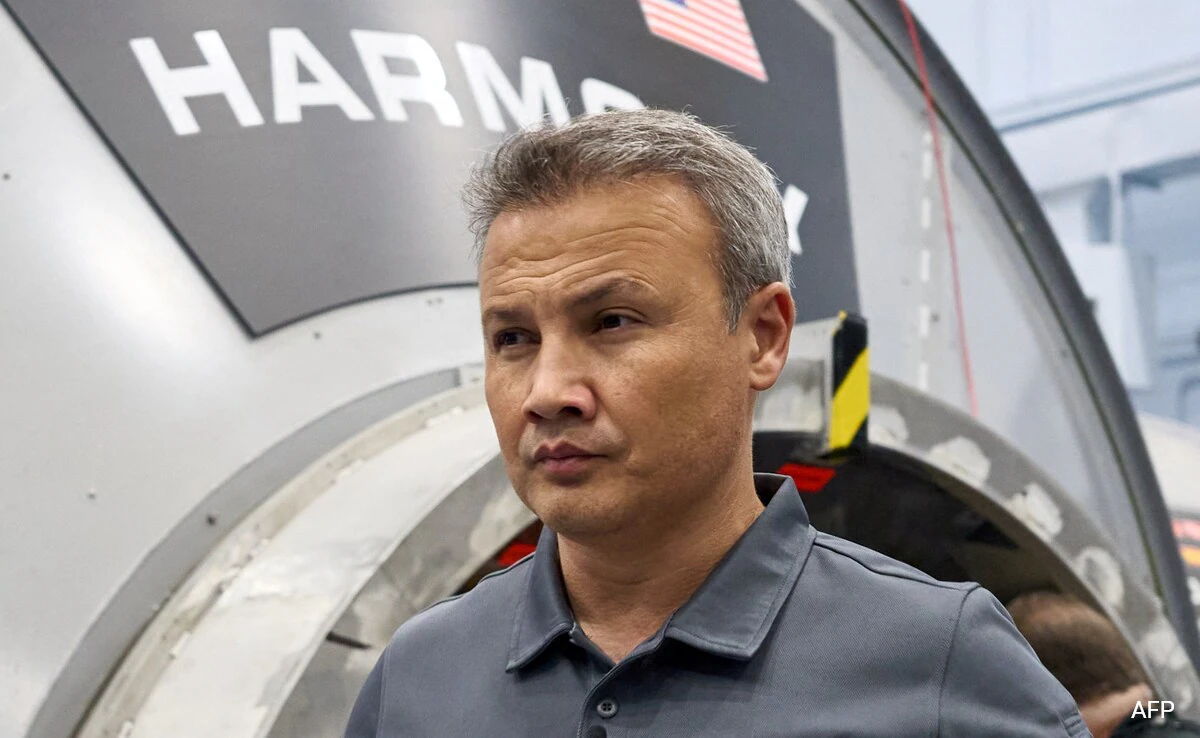On Thursday, Axiom Space, in collaboration with various national agencies, launched its third mission, Axiom Mission 3 (Ax-3), to the International Space Station (ISS). As the private sector gains prominence in space exploration, this launch marks a significant development in the international space community.
The launch took place at 4:49 pm local time (2149 GMT) from Kennedy Space Center in Florida. A SpaceX Crew Dragon spacecraft, mounted on a Falcon 9 rocket, is expected to reach the ISS by early Saturday, barring any weather-related issues.
What sets this mission apart is that all three paid seats have been purchased by national agencies rather than wealthy individuals. Axiom Space’s chief of mission integration and operations, Derek Hassmann, sees this as an opportunity for countries to join the space community and shift the way space agencies access low Earth orbit for exploration and research in microgravity.
The Ax-3 crew consists of Turkish pilot and air force colonel Alper Gezeravci, who has been hailed as a “heroic Turkish pilot” by President Recep Tayyip Erdogan. Marcus Wandt from Sweden, the second Swedish national to go to space, and Walter Villadei, an Italian air force colonel who has previously flown to the edge of space on a Virgin Galactic space plane, also joined the mission. Leading the team is Axiom’s Chief Astronaut, Michael Lopez-Alegria, a Spanish and US citizen and a former NASA astronaut.
The exact cost of the Ax-3 mission has not been disclosed, but the program was initially announced in 2018 with an estimated price tag of $55 million per seat. Additionally, Axiom has purportedly secured a $100 million deal with Hungary for a future mission involving one astronaut.
Sweden’s participation in the Ax-3 mission is particularly noteworthy as it allows the country to place its second national in space. Similarly, Britain has signed an agreement for a future mission, aiming to solidify its post-Brexit space strategy.
Once aboard the ISS, the Axiom-3 team will join the existing seven crew members from Japan, Denmark, the United States, and Russia. They will engage in 30 experiments that will shed further light on the effects of microgravity on the human body and advance industrial processes.
In addition to organizing private missions, Axiom Space is collaborating with NASA to develop spacesuits for upcoming Moon missions. The company is also constructing a commercial space station that will initially be attached to the ISS and later operate independently after the ISS is retired. With its ambitious projects and partnerships, Axiom Space is shaping the future of space exploration and paving the way for global collaboration in the final frontier.

